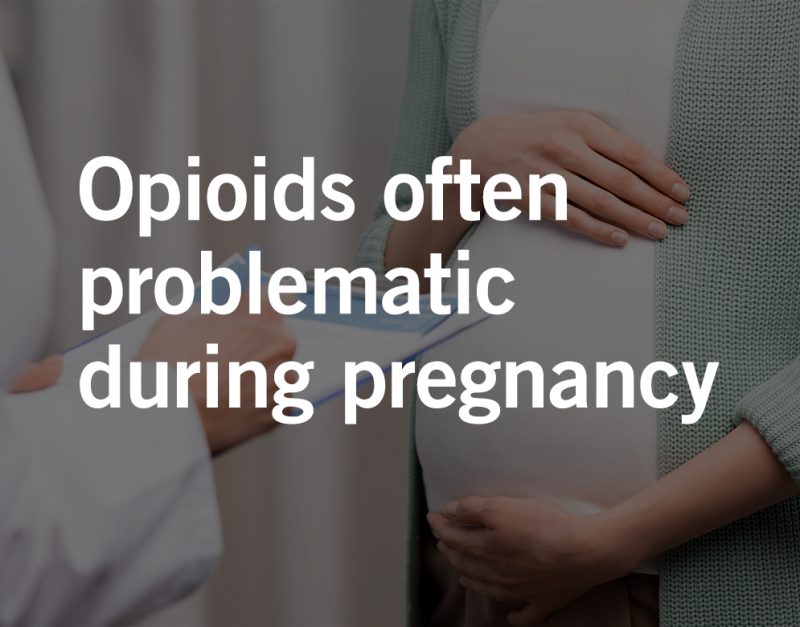 July 19, 2018
July 19, 2018 As concern grows over the rise in opioid related deaths, we must also consider how the drugs affect the youngest victims and the link to birth defects in developing babies.
The damages wrought by the opioid epidemic continue to increase. The American Medical Association reports that the number of deaths directly related to synthetic opioids has risen above those resulting from non-synthetic opioids.
Not only do these drugs cost innocent men and women their lives, they might also be leading to life-altering outcomes for mother and baby alike.
Opioids and Pregnancy
Approximately one out of every five expecting mothers fills an opioid prescription while pregnant. Because opioids can cross the placenta and enter the fetal central nervous system, they can be deadly for a developing fetus. Opioid use during pregnancy, even when taken as the doctor prescribes, may cause problems including:
- Miscarriage
- Preterm labor and premature birth
- Low birth weight
- Spina Bifida
- Neural tube defects
- Hydrocephaly
- Glaucoma
- Gastroschisis
- Congenital Heart Defects
It is vital that when making treatment decisions just before or during pregnancy that women and their physicians weigh the benefits of taking opioids along with the potential risks for birth defects. Always consult your doctor before starting or stopping any medications or treatments.
What Are Opioids?
According to the U.S. Food & Drug Administration (FDA), opioids are pain-reducing medications that have benefits but also pose serious risks. These drugs are made from an opium (poppy) plant or other synthetic sources that relax the body by connecting to and activating opioid receptors in the body. Because they can disrupt the natural release of endorphins, opioids can be highly addictive even when used for a short time.
There are three major opioid categories:
Non-Synthetic: Hydrocodone (Vicodin®)
Synthetic: Fentanyl
Semi-Synthetic: Oxycodone (OxyContin®, Percocet®) and Oxymorphone (Opana®)
Paul Jassen (founder of Jassen pharmaceuticals) synthesized Fentanyl, the most well-known synthetic opioid, in 1960. It was approved for medicinal use in 1968. Fentanyl is much more potent than semi-synthetic and non-synthetic opioids. The rate of death involving synthetic opioids, including fentanyl, between 2013 and 2014, increased by 80% compared to 9% for natural non-synthetic opioids.
How Waters Kraus Paul & Siegel Can Help
The lawyers at Waters Kraus Paul & Siegel represent families who are raising children with birth defects as a result of prescription opioid use. We hold pharmaceutical companies responsible for opioid-induced birth defects. If you took prescription opioids during pregnancy and you are now raising a special needs child diagnosed with spina bifida, neural tube defects, hydrocephaly, glaucoma, gastroschisis, or congenital heart defects, contact our opioid lawyers to have your potential opioid case reviewed. Email us or call 800.226.9880.


